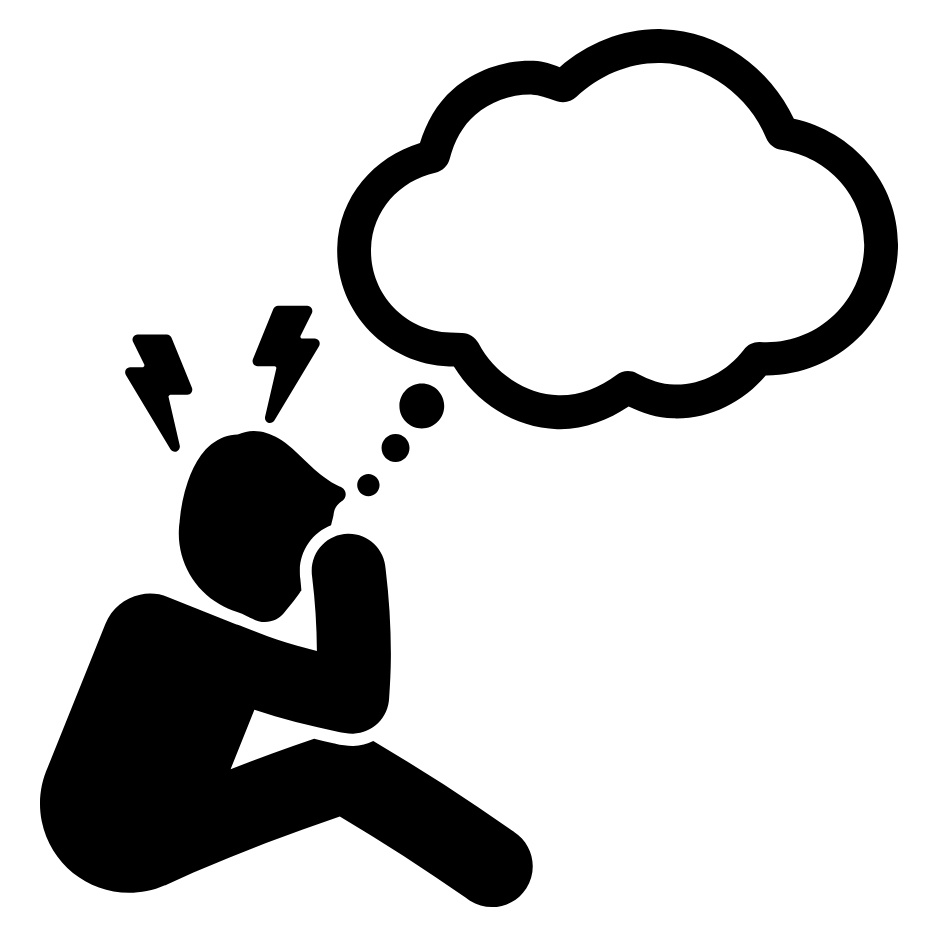At New Moon Psychotherapy, we believe that healing from suicide loss doesn’t mean leaving your loved one behind, but rather finding a way to carry their memory with love, not pain. Therapy offers a compassionate and safe space where you can begin navigating this difficult path forward.
We tailor our approach to your unique needs, offering a variety of therapeutic methods, including:
Designed to help you process and navigate the intense emotions and pain associated with loss. It provides a safe space to explore feelings of sadness, anger, guilt, and confusion, while also helping you find ways to adapt to life without your loved one. The goal is to support the healing process, helping you find meaning and peace to continue living your life.
An evidence-based therapy to help you process traumatic memories associated with suicide loss, reducing emotional distress. Through guided eye movements, or other forms of bilateral stimulation, it works to transform how your brain stores and reacts to these experiences.
An evidence-based therapy to treat trauma and PTSD. In the context of suicide loss, it helps to challenge and reframe unhelpful thoughts or beliefs about the loss, such as feelings of guilt, self-blame, or the sense that life is no longer meaningful.
CBT is an evidence-based therapy that helps you identify and replace unhelpful thought patterns, helping you regain control and build healthier coping mechanisms.
Considered an antidote to intense feelings of guilt, shame, and self-blame that accompany suicide loss. It emphasizes self-compassion and helps you cultivate a kind, non-judgmental attitude towards your pain and grief.
Helps you understand and integrate the various parts of yourself that may be activated by the trauma of losing someone to suicide. In IFS, these parts may include feelings of grief, guilt, anger, confusion, or even self-blame. The therapist may help you connect and heal with these wounded parts and cultivate a compassionate healing relationship with them.
Narrative Therapy encourages you to see yourself as more than the loss, helping you separate your identity from the trauma. The focus is on reframing your grief and loss by externalizing the pain, creating a story that acknowledges the difficulty of the experience while also allowing space for healing and growth.
Therapies such as Somatic Experiencing or Sensorimotor Psychotherapy, recognize that grief and trauma can manifest as tension, discomfort, or other physical symptoms. By bringing awareness to these sensations, you learn to release stored emotions, ground yourself in the present moment, and restore a sense of balance and safety in your boy.










